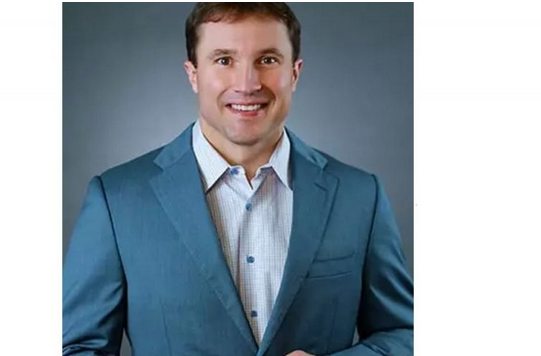Introduction:
Maxillofacial surgery, a specialized field encompassing surgical procedures related to the face, mouth, jaw, and neck, offers both functional and aesthetic solutions for a range of facial conditions. However, before deciding to undergo maxillofacial surgery, it’s crucial to carefully evaluate your options and understand the implications. Dr Mark Austin presents essential considerations to guide individuals in making informed decisions regarding maxillofacial surgery.
Identify the Particular Facial Issue:
The first step in contemplating maxillofacial surgery is to identify the specific facial issue you’re dealing with. This field covers a diverse spectrum of procedures, from reconstructive jaw surgery to cosmetic enhancements and trauma treatments. Understanding your unique concern will help determine whether maxillofacial surgery is the appropriate solution.
Choose the Right Maxillofacial Surgeon:
Selecting a skilled and experienced maxillofacial surgeon is paramount to achieving a successful outcome. Verify the surgeon’s certifications with a recognized surgical board and assess their expertise in the specific procedure you require. Examining before-and-after photos of previous patients, especially for cosmetic surgeries, can provide valuable insights into the surgeon’s capabilities.
Understand the Risks and Complications:
Every surgical procedure carries inherent risks and potential complications. Engage in candid discussions with your maxillofacial surgeon to gain a comprehensive understanding of what could go wrong. Potential complications may include infections, bleeding, nerve damage, difficulties in Dr Mark Austin swallowing, or suboptimal aesthetic results. Weigh these risks against the anticipated benefits of the surgery.
Pre-Surgical Consultation:
Prior to surgery, a thorough pre-surgical consultation is essential. Share your complete medical history, including existing conditions, medications, and allergies, with your surgeon. This information guides the surgeon in assessing your suitability for the procedure and tailoring the surgical plan to your specific needs and safety.
Consider the Potential Surgery Cost:
Maxillofacial surgery can be a significant financial commitment, particularly when elective or cosmetic procedures are involved, as they are often not covered by insurance. Evaluate the estimated costs of the surgery, including any expenses for follow-up appointments and post-operative treatments.
Recovery Time and Post-Surgical Care:
Lastly, be prepared for the recovery period associated with maxillofacial surgery. Discuss the expected timeline and post-operative care requirements with your surgeon. Understanding the time and resources needed for proper healing is crucial to ensure a successful recovery.
Conclusion:
Maxillofacial surgery offers transformative solutions for a range of facial issues, but it’s essential to approach the decision with thorough consideration. Identifying your specific concern, selecting the right surgeon, understanding potential risks, and being financially prepared are all vital steps in the Dr Mark Austin decision-making process. With the guidance of an experienced maxillofacial surgeon and a well-informed approach, individuals can make confident choices regarding their facial health and well-being.



